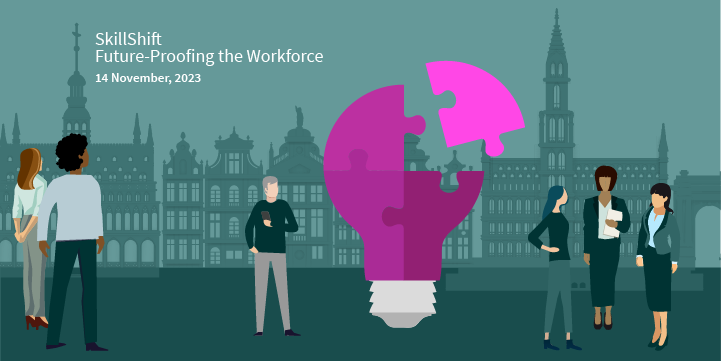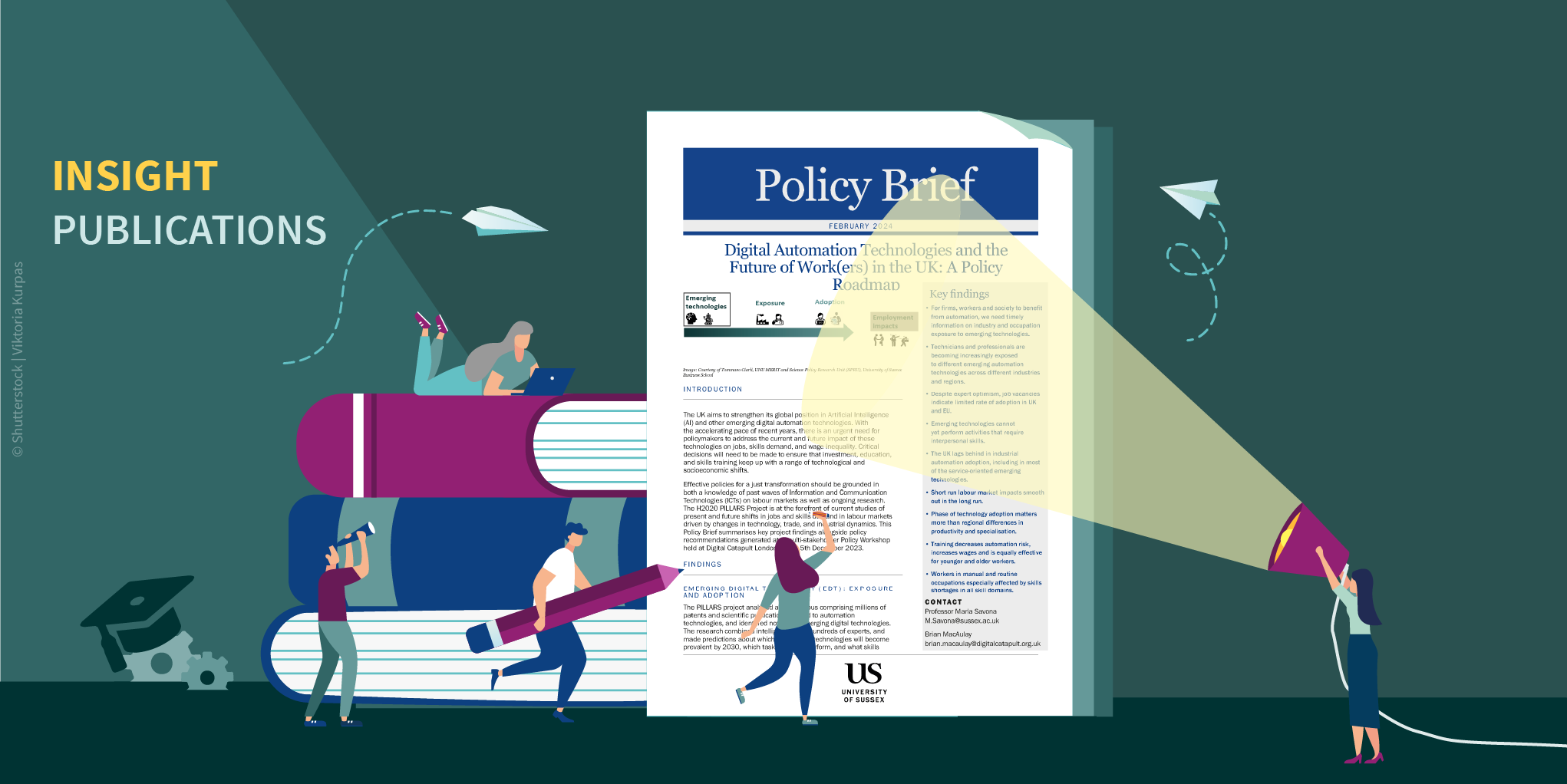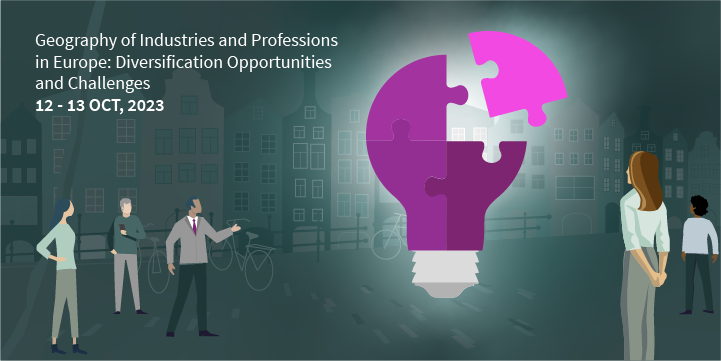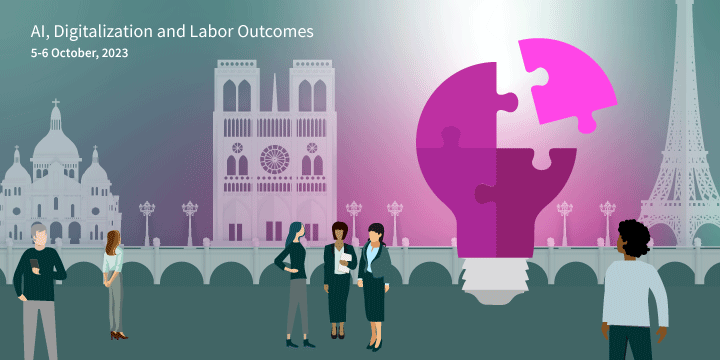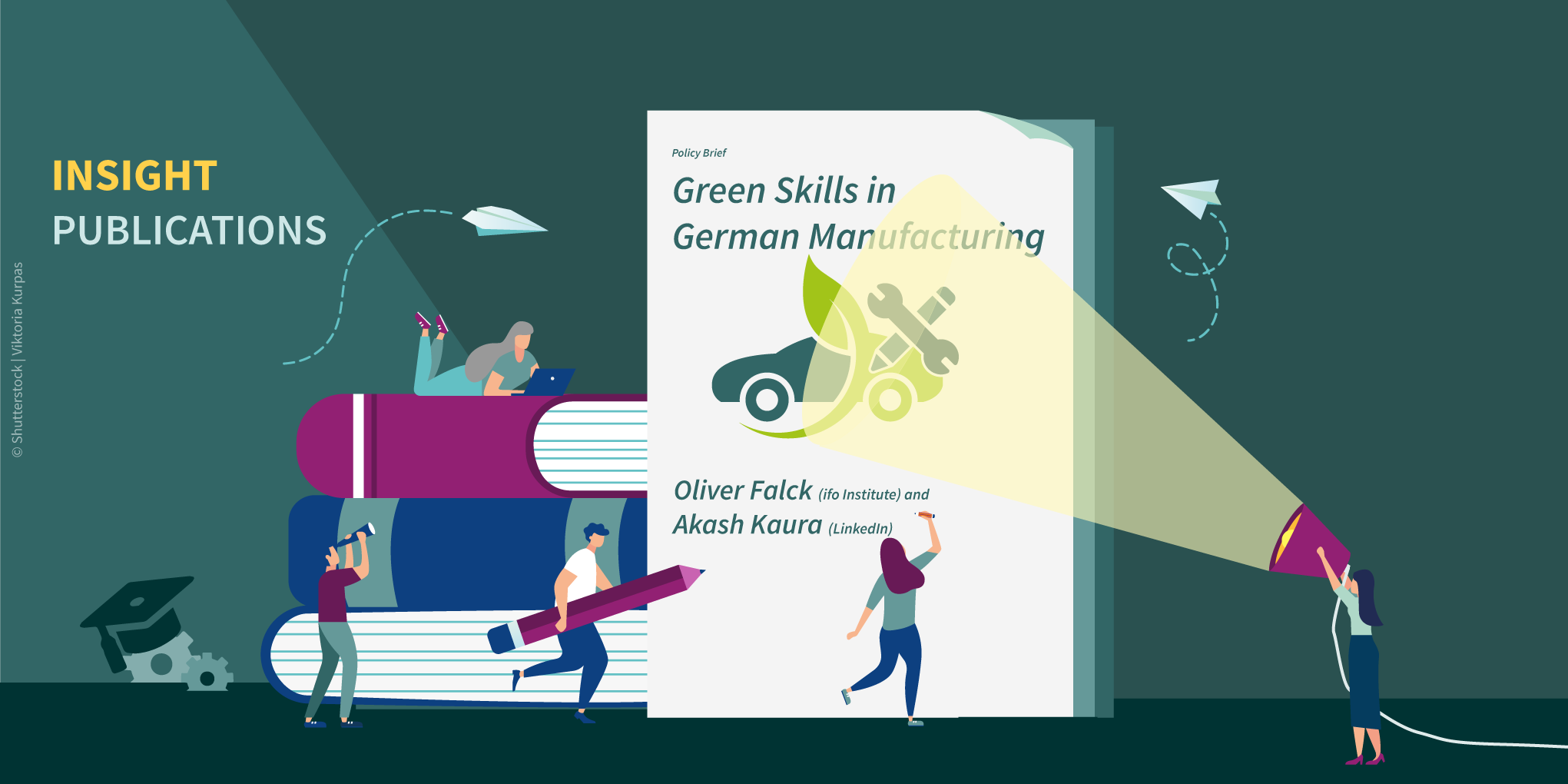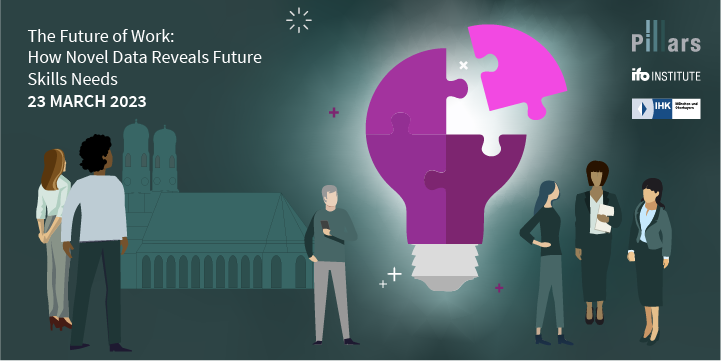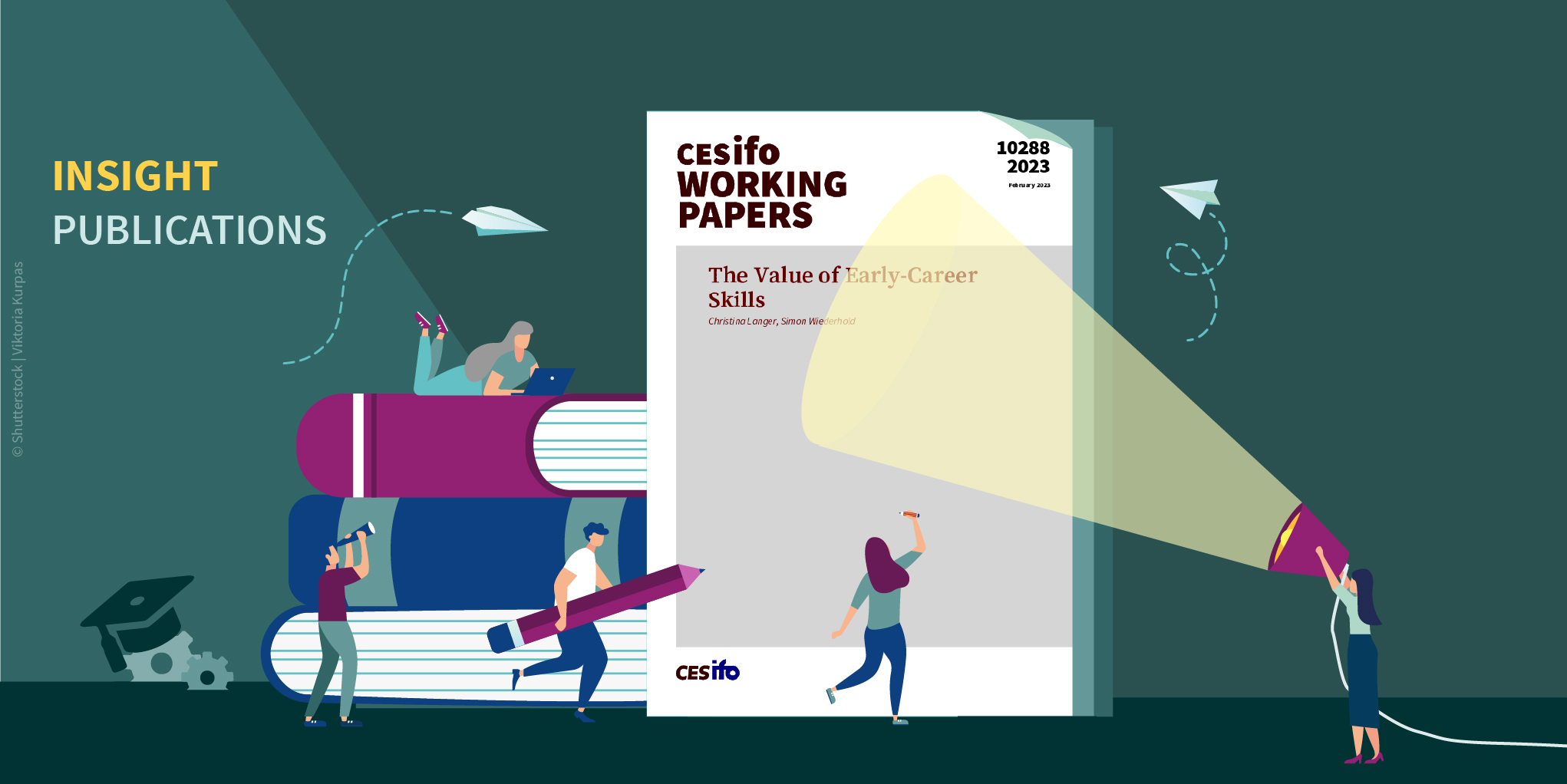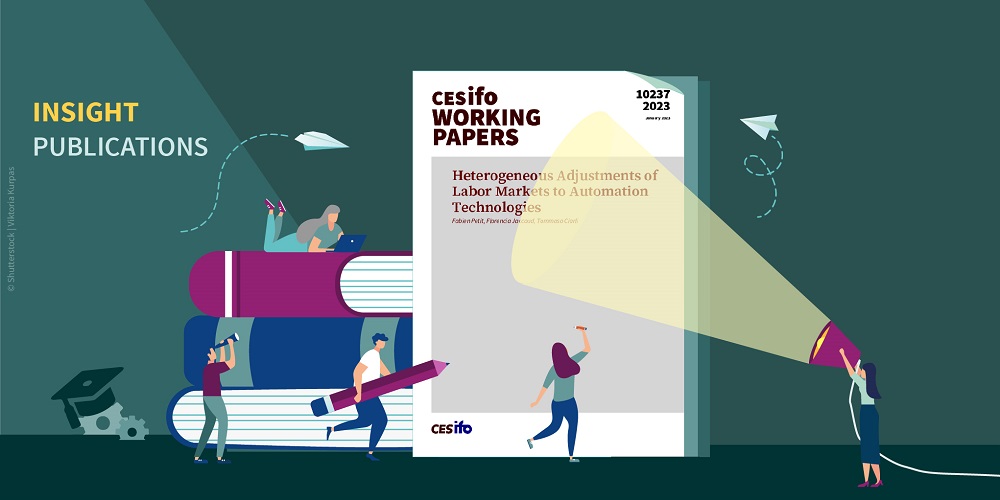Insights
Final Conference: SkillShift – Future-Proofing the Workforce
The best time to repair the roof is when the sun is shining. Just as equally, now is the best time, with labour markets tight in much of the developed world, to prepare for the more challenging years ahead. New technologies are steadily making inroads into jobs that we always assumed would be safe from being automated away. This, added to an increasingly rapid pace of technology development and deployment, is putting policymakers under increasing pressure to come up with suitable policies to reap the benefits of these advances while at the same time avoid their pitfalls.
Digital Automation Technologies and the Future of Work(ers): A Policy Roadmap
Pillars Workshop: Geography of Industries and Professions in Europe - Diversification Opportunities and Challenges
The Pillars Utrecht workshop “Geography of Industries and Professions in Europe: Diversification Opportunities and Challenges” organized jointly organized by Utrecht University and the Technopolis Group was a great success. We discussed the profound implications of digital automation technologies, such as artificial intelligence and robotics, on regional labour markets. It was attended by more than 50 participants, including scholars, policy makers and industry professionals.
Pillars Workshop: Digitization, AI and Labour Outcomes
This workshop brought together top-notch non-Pillars researchers and the excellent members of our own project, where we both disseminated and inseminated our research on Digitization, AI and Outcomes for Labour. This far-reaching research agenda is broad, and therefore, the workshop was organized around a handful of themes, bundled into several focused sessions.
Green Skills in German Manufacturing
Technological Change and the Future of Work: Combining Disciplinary Approaches
Venice Summer Institute, 21 and 22 June 2023
Pillars was written in 2019, submitted in 2020 and awarded at the end of 2020. In digital technology timing, this is an era ago!
Since then, AI has unfolded unprecedently and challenged us even more intriguingly.
Regardless the speed and the shape of these technological advances the main challenge is to predict changes and make sure that labour markets are ready to embrace them.
China-Europe: Make Up or Break Up?
China and Europe pose a conundrum to each other. Europe squirms uncomfortably between the USA and China in their superpower competition, trying to stay on good terms with both at the same time as minimising any risk of economic or geopolitical fallout. China, in turn, must weigh which partnership to prioritise: its newly minted “no-limits” friendship with Russia, or a closer relationship with Europe as a counterweight to the pressure exerted, and restrictions imposed, on it by the US.
Workshop: How Novel Ways of Leveraging Data Reveal Future Skills Needs
It was the ideal line-up for a workshop to explore the future of work: Pillars hand-in-hand with its partner the ifo Institute and the Chamber of Commerce and Industry for Munich and Upper Bavaria. The task: to review how data can be leveraged to ascertain not only the state of skills availability, but also which skills will be needed in the future.
Early-Bird Advantage
At first sight it is a bit of a paradox. On the one hand, it has long been clear that the skills you acquire, say, at university no longer will see you through to the end of your career life: you have to reinvent yourself several times along the way just to stay current. On the other hand, the skills that you learn early in your career will boost your earnings throughout your entire working life.
Adjusting to Automation
Policymakers are understandably concerned about the effect of automation technologies on employment and wage levels in their jurisdictions. The effects, however, tend to be quite heterogeneous – and not much is known regarding what drives this heterogeneity. This makes devising the right policies a bit tricky.
The Hottest Labour Market Tool
It would be a match made in heaven: the OECD’s Survey of Adult Skills (known officially as the Programme for the International Assessment of Adult Competencies, PIAAC) and the European Commission’s ESCO project (a multilingual classification of European Skills, Competences, Qualifications, and Occupations). Together, they would create an invaluable map of the supply and demand for professional skills across countries.
Policy Brief: Reverse Brain Drain?
- China’s increasing economic sophistication and demographic pressures will intensify Chinese demand for high-skilled workers
- Chinese companies will use the online international job market to tap European and other foreign talent
- Thanks to digital technologies, high-skilled European workers can offer their services to Chinese firms without
Conference Report: European Labor Markets - Mastering Technological and Structural Change
Sunny days and tight labor markets have something in common: they don’t trigger an urge to repair anything. But just as a sunny day is better for fixing the roof, instead of climbing on slippery slates during a downpour, tight-labor periods are good for preparing for more turbulent times ahead. And turbulence is definitely coming to a labor market near you.
Lost once? Aim higher
Losing one‘s job is one of the more severe psychological blows one can experience, similar in magnitude to a divorce. But while a divorce might actually improve your marriage skills for the next time around, especially because the skills needed remain practically identical, in a job-loss situation the skills used previously can become degraded or obsolete, in particular if the jobless period drags on, resulting over time in a skill mismatch with what the labor market requires.
1st Pillars Conference on Education, Skills, and Worker Retraining
Until just a few decades back you could count on the education you got in college seeing you all the way to retirement. Now, you have to reinvent yourself professionally several times during your working life just to stay current. Lifelong learning is the name of the game, and training and re-skilling the tools of choice.
